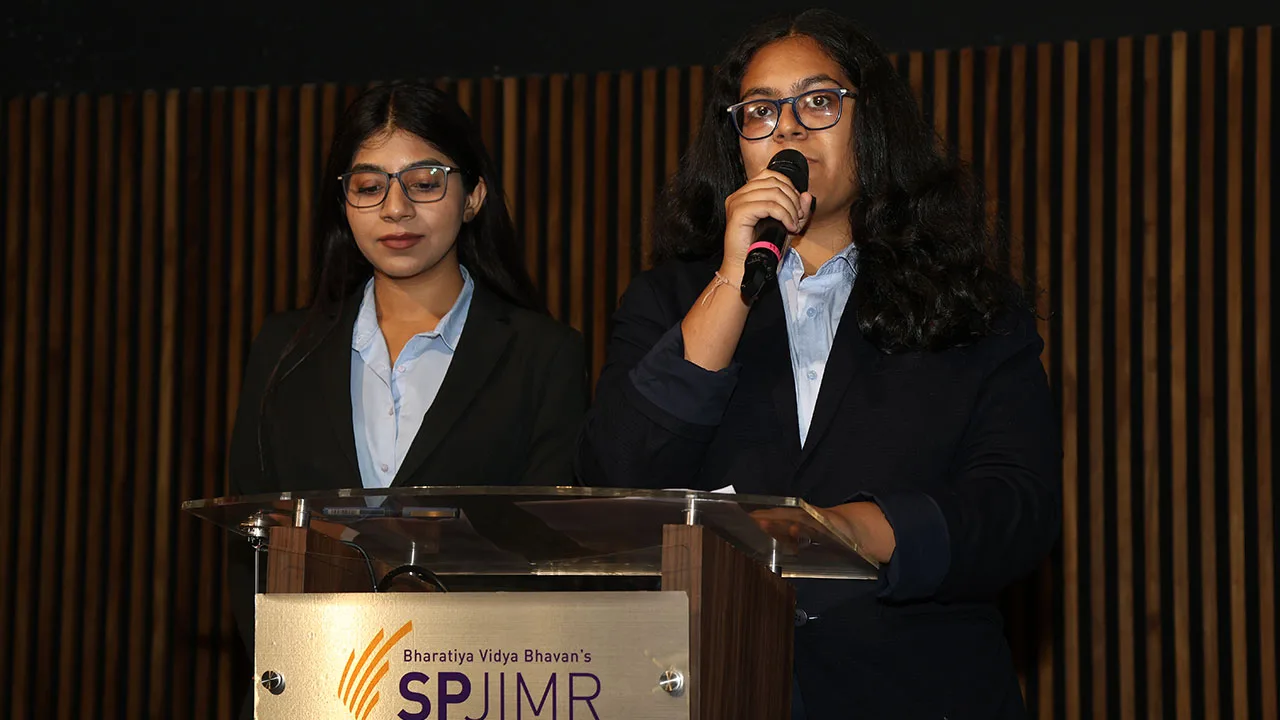Find the programme that meets your requirements and aspirations.
Apply nowStudent blogs
- SPJIMR
- Blog
- #DoCCDiaries: After the deluge: Field notes from Osmanabad
#DoCCDiaries: After the deluge: Field notes from Osmanabad
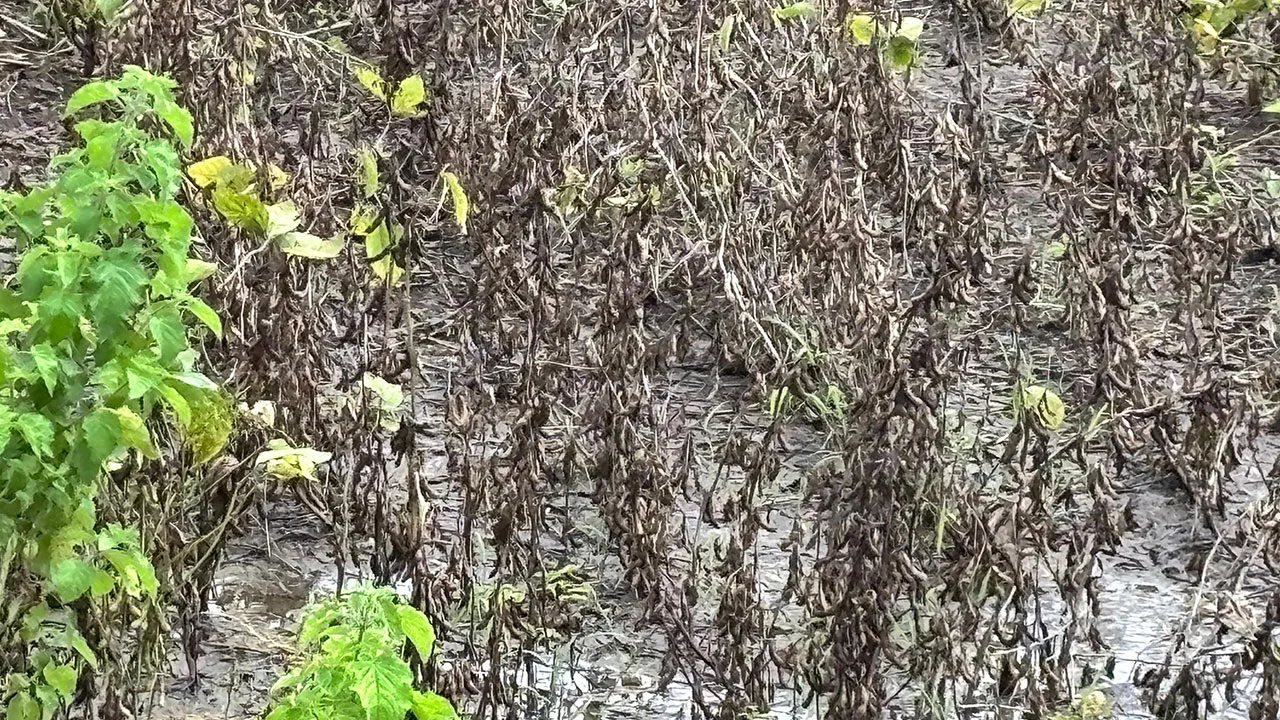
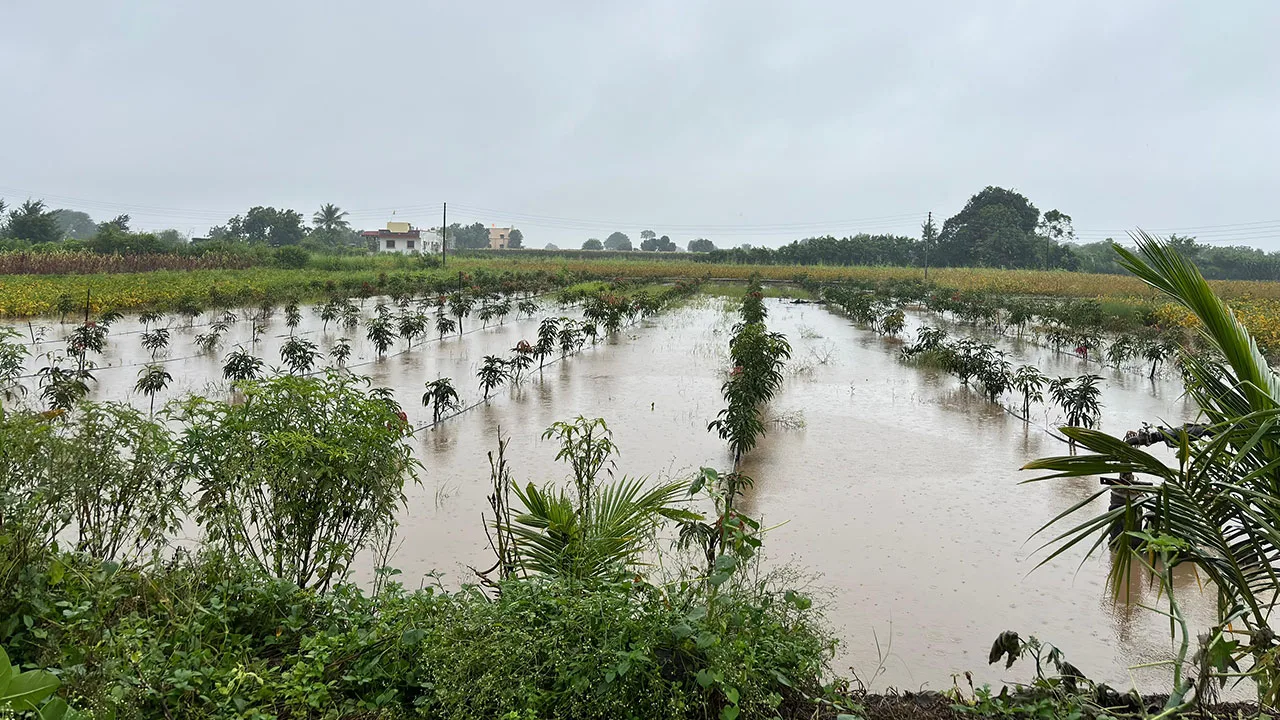
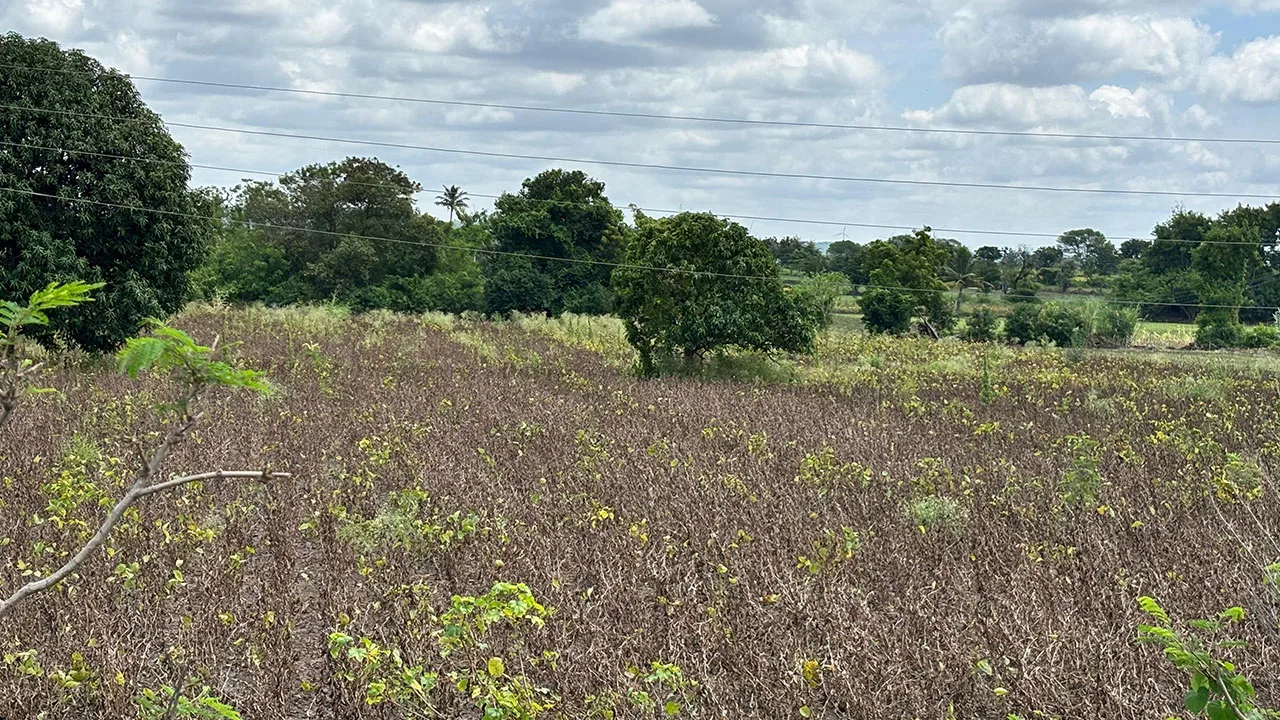
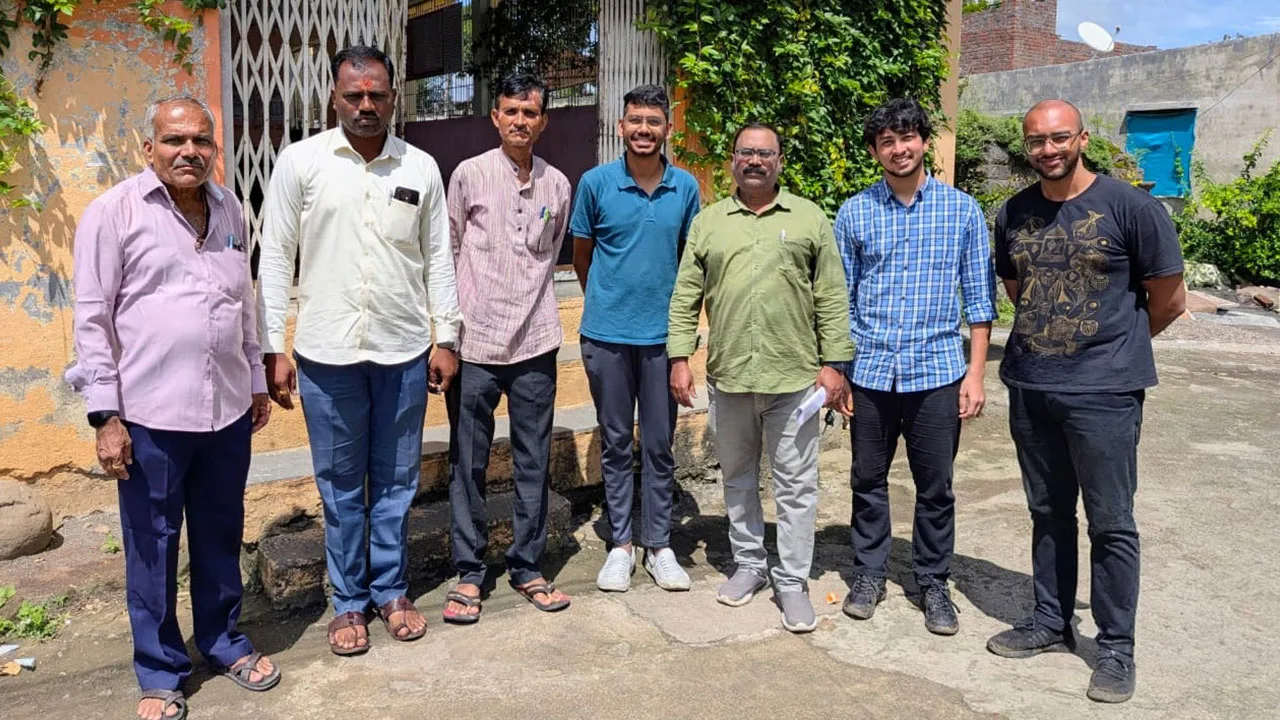
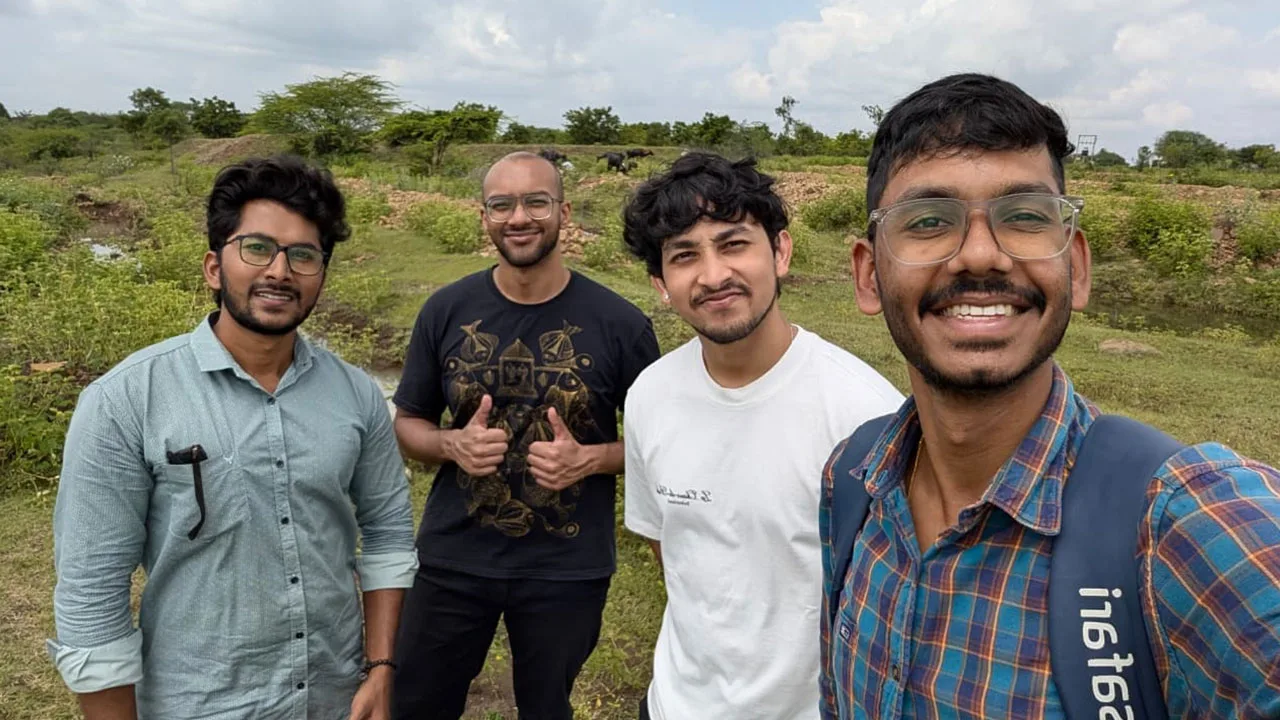
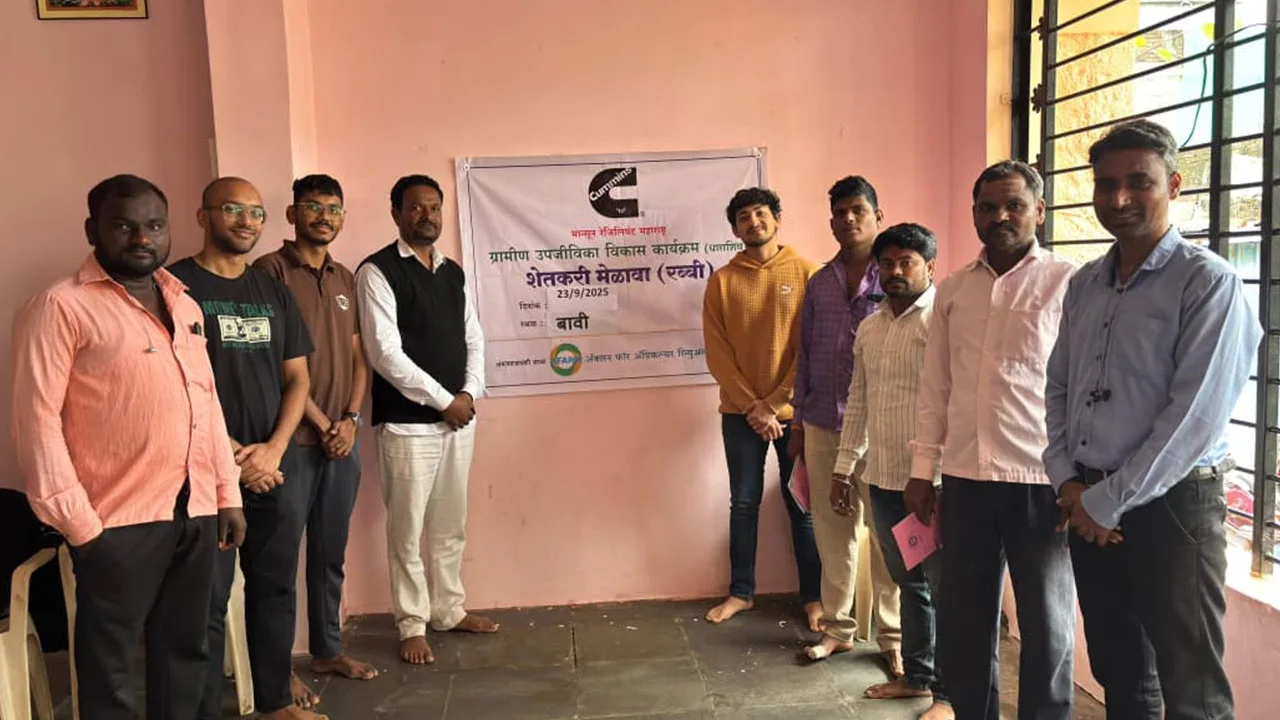
“The place will be very dry, pack light clothes,” was the advice a friend of mine gave when I packed for my DoCC SPJIMR internship with AFARM-Maharashtra at Dharashiv (Osmanabad).
Nevertheless, I carried a cap and the umbrella that I had coincidentally purchased a day before. Little did I know that it would end up being one of the most useful things I took on my trip. When I searched for Dharashiv while on the train to check the ETA, it greeted me with a warning: ‘Mark yourself safe from Maharashtra floods’, something I didn’t pay much attention to.
As I, Kavith Viswanath, along with Arnab Roy and Gautam Chhajed, took an auto to the NGO office from the railway station, we could see waterlogged streets and a cloudy atmosphere.
The next few days experienced intense rainfall, to the extent that visibility was hampered. As we stayed in the comfort of the NGO office, the officers there couldn’t help but sigh in dismay, thinking about the utter destruction this rain was going to bring to the farmlands. As a typical dry region of Maharashtra, the district is not used to rain. The last 2 years were very dry, with water scarcity reported in many areas. Hence, one of the key areas of work for AFARM was water conservation and groundwater replenishment, an area that has completely fallen by the wayside, given the precarious situation.
The focus hence shifted to organising camps to immediately tackle the surge of water, of which we were also a part. 20 km needed to be traversed to reach any village, and with only bikes, this was a huge task given the downpour. We went ahead and organised them. There was great involvement from the farmers, but an eerie atmosphere prevailed, given the losses they had faced.
As we drove through the village, we saw acres of land laid to waste, waterlogged land, and crops destroyed. With as little as Rs 6000 compensation per acre for the damages from the government’s end, these farmers are left with tens of thousands, even lakhs, worth of losses.
While AFARM was actively trying to mitigate the damage by suggesting methods to prevent waterlogging, teaching them methods to divert water, and advising on keeping better-quality seeds for sowing next year, the damage was already done. People had lost too much in way less time.
Driving through the villages was sobering – acres of farmland under water, yet conversations full of determination to rebuild.
Natural calamities like these can set communities back by several years, reminding us how fragile progress can be—and how vital it is to strengthen resilience.
For me, this experience was not just about observing loss but about witnessing the resolve of farmers, NGOs, and local institutions to keep moving forward.
Development of Corporate Citizenship (DoCC), pioneered by SPJIMR over 30 years ago, is a mandatory initiative that builds participants’ sensitivity towards societal issues. Through immersive social internships across India and South Asia, participants apply management learning to real-world community challenges. Focused on sustainability, futures, and community, DoCC also hosts events connecting corporates, civil society, and the development sector. Recognised as a vital part of SPJIMR’s pedagogy, it shapes socially conscious leaders who drive meaningful, inclusive change.
About Post Graduate Diploma in Management (PGDM)
SPJIMR’s Post Graduate Diploma in Management (PGDM) is a two-year, full-time residential programme equivalent to an MBA. PGDM is approved by AICTE, accredited by NBA and AMBA, UK and consistently rates among India’s top 10 management programmes. The programme offers a holistic approach to leadership development with its innovative blend of classroom learning and thoughtfully curated immersive experiences.



